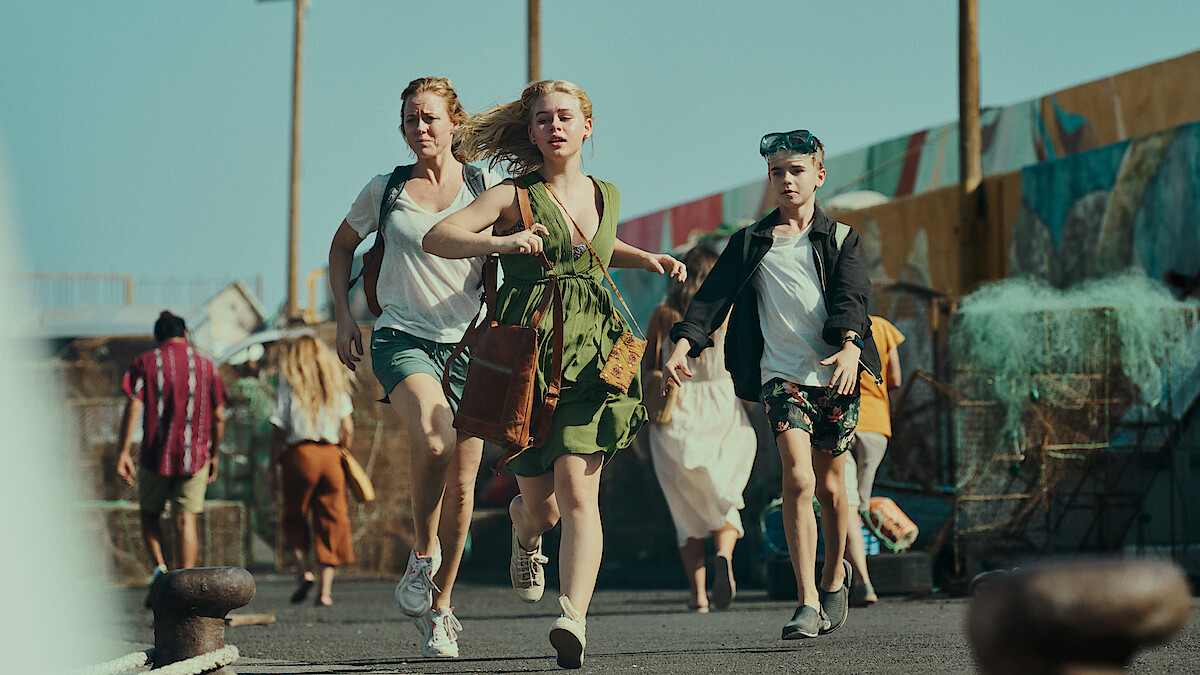Netflix’s latest disaster thriller, La Palma, has stormed the streaming charts since its December 2024 debut, but the Norwegian miniseries has unleashed a firestorm of polarized reactions. The four-episode saga, depicting a catastrophic volcanic eruption and tsunami on the Canary Island, has viewers “yelling at the TV,” sobbing through harrowing twists, and swearing off travel, with some branding it “too traumatic to finish.” Social media, especially X and TikTok, is ablaze with fans calling it both a “groundbreaking masterpiece” and “unwatchably cruel,” making La Palma Netflix’s riskiest gamble yet.

Set on the real island of La Palma, the series follows a Norwegian family and geological researchers racing against a volcanic disaster that could trigger a global tsunami. Directed by Kasper Barfoed and starring Thea Sofie Loch Næss and Ingrid Bolsø Berdal, it draws on the 2001 Cumbre Vieja tsunami hypothesis, blending science with high-stakes drama. Its stunning visuals and intense pacing have earned praise, but the plot’s implausible moments—like surviving tsunamis in unlikely scenarios—have sparked fury. X user @adrianthestan raged, “Watched La Palma and pure sh*t, what do you mean she survived a tsunami inside an airplane??” Others, like @Lesleykmakeup, swore, “I’ll never go to the Canary Islands now,” fearing the depicted disaster.
Despite topping Netflix’s charts, La Palma has a dismal 29% audience score on Rotten Tomatoes, based on over 500 reviews, with critics citing illogical character decisions and an unsatisfying finale. Yet, some defend its melodrama, with @OfBoxxx tweeting, “It’s so bad it’s good—gorgeous money shots and Korean cinema-level chaos.” The series’ visceral impact has left viewers rattled, with TikToks warning to “protect your heart” before watching, as scenes of earthquakes and mass evacuations hit too close to home for some.

The controversy mirrors debates over disaster films like The Impossible, but La Palma’s fictionalized take on a real volcanic threat has amplified its emotional toll. While some praise its climate change commentary and bingeable format, others find it “deeply disturbing,” with one Reddit user abandoning the second episode, calling it “utterly implausible.” Netflix’s gamble on such polarizing content raises questions about the future of shock television—can trauma-driven narratives captivate without alienating?

As La Palma continues to dominate streaming, its legacy is clear: it’s a divisive, stressful ride that’s forcing viewers to confront their limits. Whether a bold masterpiece or a cruel overreach, it’s undeniably left its mark, with audiences split between awe and outrage.





